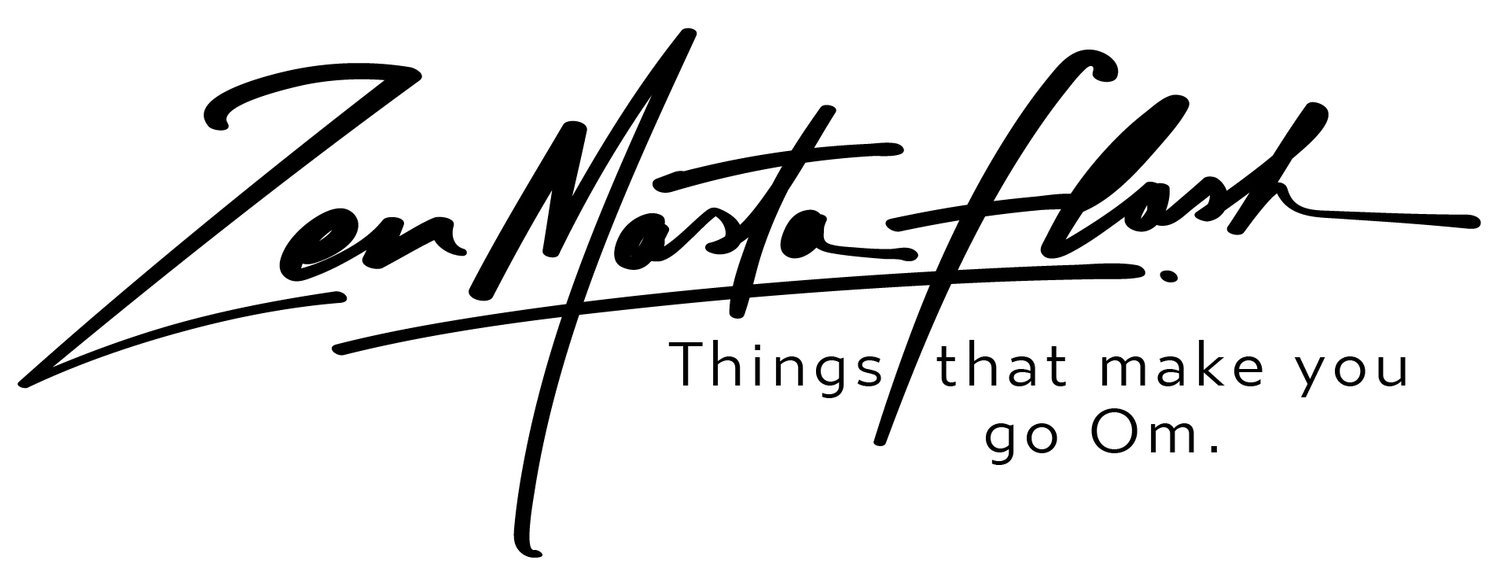On Better Questions and the Power of a Clearness Committee
In the 2022 documentary Stutz about the relationship between Jonah Hill and his therapist Phil Stutz, Jonah says that one of life’s great tragedies in life is that we want our friends to listen and our therapists to tell us what to do, but our therapists only listen and our friends won’t stop telling us what to do.
I think about this a lot more than I should in my daily life and find myself quoting this line a disproportionately high amount. Partly because thinking of this quote acts as a small reminder for me to shut up and listen, and partly because it’s just such a damn good way to inject some levity into a tense conversation.
But I think that this is unfair to therapists, who have to play the precarious role of being a mirror for their patients by asking questions that allow people to arrive at their own conclusions. The complexities of human processing and communication styles unfortunately mean that sometimes people abandon therapy because it “didn’t work for me” when in reality it was more likely just a style mismatch.
So their role isn’t to fix me?
No. Definitely not. We’re all broken, they’re just helping us to build the tools to fix ourselves. The world breaks us all, hell even the best parents inflict damage on their children (I firmly believe that the differentiator between “bad parenting” and “good parenting” is not how little parents break their children but by how well they equip them with the tools to fix themselves). Some might say that broken is our default mode, but I, as a well-documented optimist, think that there is hope! Better questions.
I’ve written about the benefits of hosting a self Q&A, and how to formulate questions in order to walk yourself through thinking that might be stuck or stagnant, but as a friend recently commented, “That’s great, but where do I go from here:
Me: Is there something wrong?
Also Me: Yes”
Ah. I should have been more clear…
Just like with therapy, our own Q&As should be formulated in a way that avoids these conversation stoppers (except where they act as purposeful punctuation marks, which I’ll get into). An overly aggressive studio executive once told me that he only ever answers “no” to yes/no binary questions, because he believed (and there’s evidence to back this up) that we are hardwired to answer no when presented with these types of questions. Despite disliking this man, I’ve fully absorbed this principle into my life, and besides the possibility of it being hardwired into us, it also just doesn’t give us much room for thoughtful responses.
There is a massive difference between, “Do you like ice cream?” and “What’s your favorite dessert?” One is a conversation started and the other is just a question…
Back to how this applies to me…
Well, I’ll be brief here, but if you’re going through something - especially if you can’t quite figure out what that is - then asking open-ended questions that require you to think, and therefor process, are infinitely more beneficial. So avoid these questions…. unless you have reached the point where you need to punctuate your thoughts.
Let’s take a scenario where you’re trying to decide whether to move to a new country/job/etc, and you’ve gone through your self Q&A and have reached a point of unspoken clarity. Are you done? Well, sure, you could be, but you could also ask yourself one last question: “Should I do this or not?”
With this question, you’ve accomplished two things. You have tied off the conversational thread with some finality which results in a slight decrease in the psychological burden this question has put on you, and you have also written your decision out. You have made a small commitment to yourself. Congratulations!
Okay, but how do I help my friends if I can’t give them advice?
I never said you couldn’t give your friends advice, and I’m not your boss (and even if I were I’d probably never tell you to not give advice, see my principles page for more on that). I believe it is totally fine to give advice when it’s asked for, when it’s urgent, and on a handful of other occasions you’ll have to figure out for yourself.
But I would ask you what you’re looking to accomplish by giving advice. If it’s to help someone you care about, then a better way might be to - you guessed it - ask questions (and make sure they’re of the “better” variety). If you’re just looking to talk, then you do, this post is probably not for you.
In the book Effortless by Greg McKeown, he references a practice performed by Quakers known as the “Clearness Committee” wherein a group of elders would preside over an individual in crisis. Their only job in these situations is to ask honest questions and seek clarity when needed. Their role is not to give opinions or advice or solve the individual’s problem, and neither should this be your responsibility to your loved ones.
You’ve probably heard the phrase, “You can lead a horse to water but you can’t make them drink,” and this is the psychological equivalent of that. The horse may be distrustful of water that they’re dragged to by the bridle, and I can’t blame them! But if they happen to stumble upon the water while you’re walking around with them then they might just take a sip.

